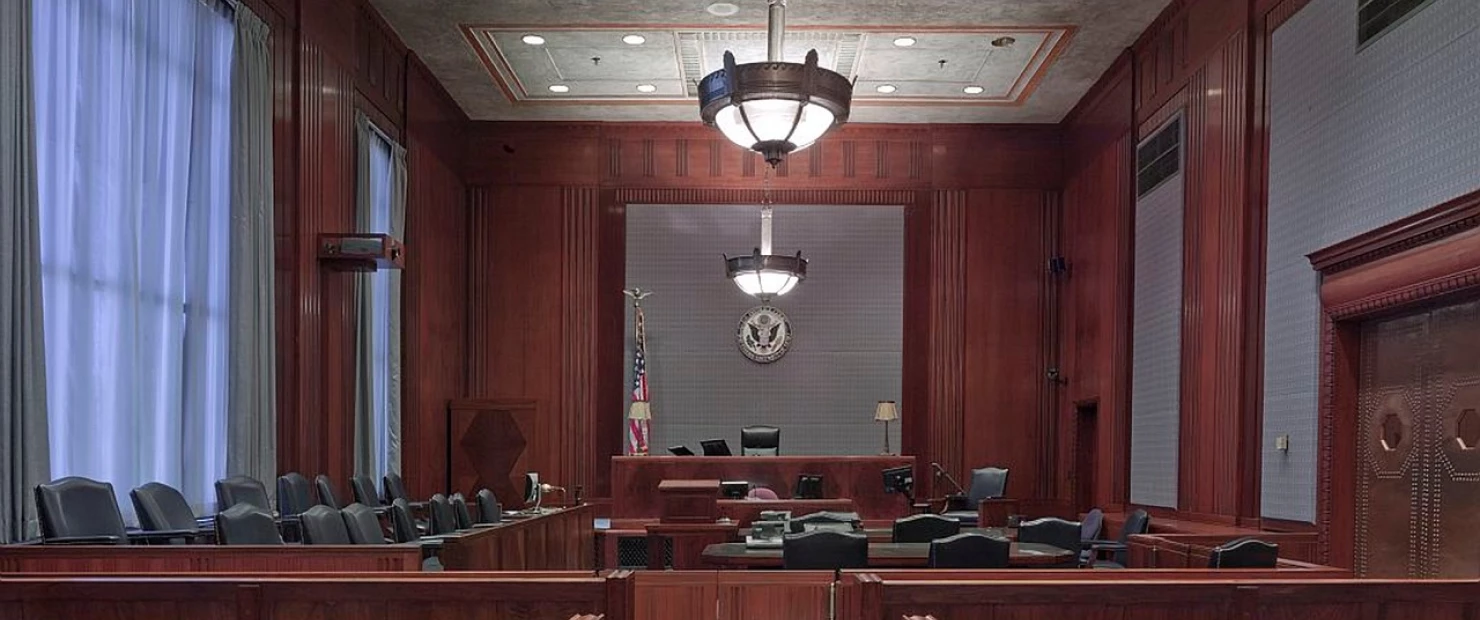
Everyone should have access to a great lawyer.
Our lawyers take complex cases that challenge corporate greed and government wrongdoing, partnering with public interest organizations and other law firms along the way. We most commonly represent:
- Employees experiencing wage and hour abuses
- Consumers who have been cheated or deceived
- Victims of identity theft, robocalls, or debt collection
- People who have had their civil rights violated
Think you might have a case?
Core Practice Areas
Wage and Hour
Our lawyers are experienced in protecting employee rights. We help employees when they have not been paid all their wages or overtime, or have been denied rest and meal breaks.
Learn More-
$4.17M Judgment obtained on behalf of 325 drywall workers
-
$35M Settlement on behalf of 88,000 Wal-Mart employees
Featured Case Study
Consumer Protection
We confront companies that commit fraud through unsafe products, deceptive marketing, unlawful “robocalls,” unfair debt collection tactics, or unfair denial of insurance coverage.
Learn More-
$28M Obtained for unauthorized telemarketing calls.
-
$17M For victims of unlawful mortgage lending practices.
Featured Case Study
Civil Rights
We’ve won hard-fought victories for clients who have experienced civil rights violations like being jailed due to inability to pay court fees or being denied loans based on citizenship status.
Learn More-
300% Increase in funding secured annually for magistrate courts.
-
$5.5M Secured for defense attorneys.
Featured Case Study

Case Study
Brown et al. v. Lexington County et al.
Trust and Estate
Our team helps people contest or defend the terms of a will or trust, in situations involving alleged financial elder abuse, undue influence, lack of capacity, or fraud.
Learn MoreAppeals
Whether you are protecting a win or seeking to reverse a trial court error, our lawyers have a record of winning in appellate courts and getting justice for our clients.
Learn More-
$850,000 Judgment obtained on behalf of migrant and agricultural workers
Employment Law
We have a reputation for excellence on issues of discrimination, sexual harassment, retaliation, wrongful termination, breach of contract, family and medical leave, and more.
Learn More-
$4.17M Judgment obtained on behalf of 325 drywall workers
-
$35M Settlement on behalf of 88,000 Wal-Mart employees
How can we help?
View All Practice Areas
About You don’t need the resources of a corporation to take one on.
We use the power of the law to fight for the rights of individuals, combat corporate greed, and challenge systems of power that perpetuate inequities. We are focused on achieving a positive outcome for our clients, and impacting how the law is applied. We make quality legal representation attainable.
We’re here for you
If you think your rights have been violated, we’ll help you determine if you have a case.





